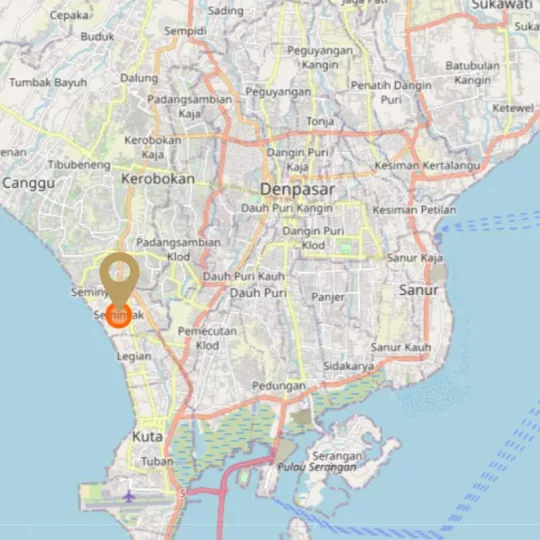Thailand - How to Buy an Off-Plan Apartment?
30 January 2025

Purchasing an off-plan apartment in Thailand is an attractive opportunity for foreign investors looking to acquire a modern property at a competitive price. However, this process requires careful planning and knowledge of local regulations.
1. Understanding Legal Framework
According to the Thai Condominium Act, foreign nationals can own up to 49% of the total residential area in a condominium on a freehold basis. This means each condominium has a quota for foreign ownership, and it is essential to ensure that the selected unit falls within this quota.
2. Choosing a Reliable Developer
The reputation of the developer plays a crucial role when purchasing an off-plan property. It is recommended to:
- Review past projects: Assess the quality of previously completed developments.
- Check financial stability: Ensure the company has no outstanding debts and can complete the project on time.
- Read customer reviews: Learn from previous buyers’ experiences with the developer.
Selecting a reputable developer minimizes the risk of construction delays or project non-completion.
3. Conducting Legal Due Diligence
Before signing the contract, it is advisable to conduct legal due diligence:
- Verify land ownership rights: Ensure the developer legally owns the land where the construction is taking place.
- Examine building permits and licenses: Check that all necessary approvals for construction are in place.
- Review contract terms: The agreement should include detailed information on project completion timelines, apartment layouts, penalties for delays, and warranties.
4. Financial Considerations
- Payment schedule: Off-plan purchases typically involve staged payments. The payment plan and amounts should be clearly outlined in the contract.
- Additional costs: Consider taxes, property registration fees, and potential commissions. For instance, the property transfer tax is 2% of the property value.
- Financing options: Foreign buyers rarely obtain mortgages from Thai banks. Most rely on personal funds or developer installment plans.
5. The Role of Professional Real Estate Agents
Working with experienced real estate agents specializing in the Thai market can significantly simplify the purchasing process. Our agents assist in:
- Finding suitable properties: Based on your preferences and budget.
- Negotiating with developers: To secure the best deal terms.
- Overseeing the entire transaction process: Ensuring legal security and transparency.
In Thailand, agent commissions are typically paid by the seller, making our services free for you.
6. The Buying Process
- Reservation: A deposit is made to secure the chosen unit.
- Contract signing: After legal due diligence, the purchase contract is signed.
- Scheduled payments: Payments are made according to the agreed schedule.
- Property transfer: After construction completion and full payment, ownership is registered at the Thai Land Department.
7. Risks and How to Minimize Them
- Construction delays or halts: Choose a reliable developer and include penalty clauses for delays in the contract.
- Discrepancies from expectations: Carefully review floor plans, specifications, and showrooms.
- Legal changes: Stay updated on Thai property laws affecting foreign ownership.


